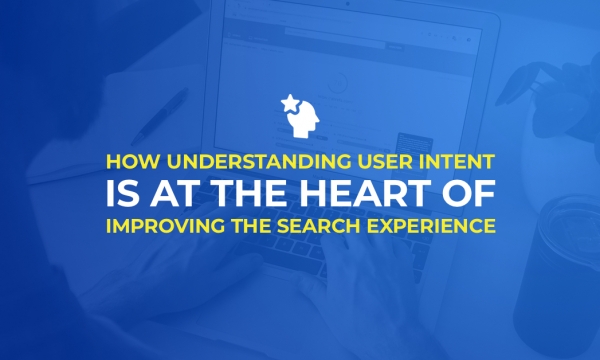Google representatives revealed some of the inner workings to the United States House last week, so just what did we discover?
Juniper Downs, Google’s Director, Public Policy and Government Relations, found herself in front of a House Judiciary Committee to discuss how internet giants such as Google, Facebook and Twitter operate, as well as how seriously they take their responsibilities over the content that they host.
During the session, Downs provided some insight into the inner-workings of Google, and how it ranks certain forms of content.
Downs didn’t reveal anything particularly ground-breaking during the session, but there were some nuggets of information around certain aspects of the algorithm that provided some level of insight.
The ‘brain’ behind RankBrain

RankBrain is the element of the algorithm that was originally designed to understand the roughly 15% of search queries that Google has never seen before. The scope of that has since been increased to cover every query, but Downs’ statement did somewhat allay the assumption that most of the queries that RankBrain handed were simply new ways of searching for an established topic.
In fact, Downs stated that RankBrain was predominantly dealing with queries that were events driven, rather than variations on common searches. She cited the recent story of the football team trapped in the cave in Thailand as an example of something that Google could have never predicted would become a search topic.
“Search handles trillions of queries each year, and every day 15% of the queries we process are ones we’ve never seen before. For example, we could not have anticipated queries about the soccer team trapped in caves in Thailand, but our systems quickly adapted to return results about the rescue mission.”
More than 270,000 algorithm experiments per year

More than 270,000 changes to the Google algorithm were tested in 2017 – around 1,038 per working day.
Google since kept 2,400 of these changes and incorporated them into the main algorithm (seven per day) and the decision on which to keep is influenced heavily by a team of external Search Quality Evaluators, who evaluate the algorithm experiments along with live search results.
The trend is one that reflects the changing way in which the SEO community reacts to algorithm updates, and how Google has moved away from the seismic updates that create an overnight sea-change in rankings, as we saw in the early days of Penguin and Panda, and has moved towards smaller and more frequent iterations.
Google ‘penalties’ for legal infractions

It perhaps comes as no surprise, but Downs also confirmed that Google does routinely penalise domains and remove results for what “may” breaches local legislation.
The scope of these policies seem quite broad, and Google suggested that its operations in different jurisdictions have their own policies on issues such as copyright violation, defamation, privacy breaches and hate speech.
Google also argued that these policies are politically neutral.
The full testimony is available here and, whilst it is not going to fundamentally change how brands approach their search strategy, it does at least provide a small insight into how Google is responding to the changing search market.



